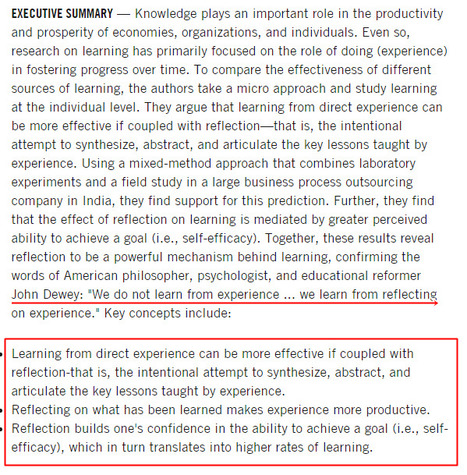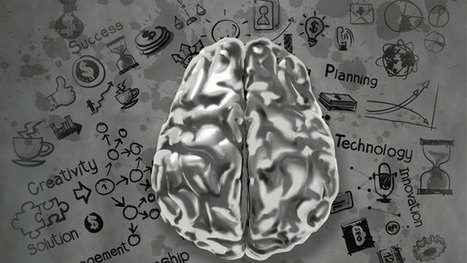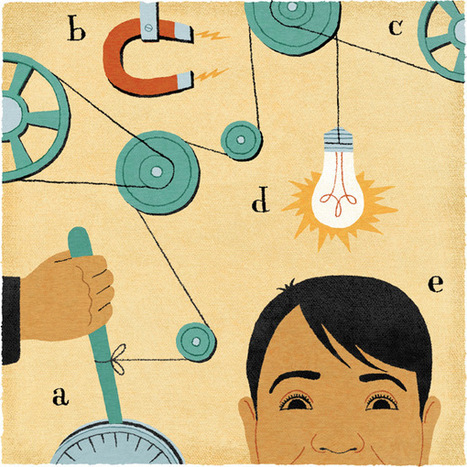Via Gust MEES
Get Started for FREE
Sign up with Facebook Sign up with X
I don't have a Facebook or a X account
 Your new post is loading... Your new post is loading...
 Your new post is loading... Your new post is loading...

Steve Bavister's curator insight,
April 3, 2015 5:33 AM
Nice set of tips here for studying more effectively

Jake Goulet's curator insight,
April 15, 2015 11:35 AM
Figure out what strategies will help you expand your language knowledge! |

Gust MEES's curator insight,
July 13, 2015 7:13 AM
Psychology offers several explanations. For instance, we know that the brain responds better to spaced practice than it does to cramming (at least in the long term), forced recall instead of review (quizzing yourself rather than re-reading material), and associative rather than isolated memorization (e.g. mneumonics).

SMARTERTEACHER's curator insight,
March 30, 2015 12:09 PM
Student Voice is invaluable to the effectiveness of the educator.

Dr. Deborah Brennan's curator insight,
April 2, 2015 10:20 AM
i agree! As a teacher, I always sought to improve and make my classroom more effective for students. End of year surveys helped a lot. I also had students write letters to next year's students. This gave me insight into how the course and classroom activities helped or hampered their learning. summer is a great -- there is actually time to reflect. as lessons change, there is time to do researxh and gather resources.
Sara Jaramillo's curator insight,
April 23, 2020 2:21 PM
Teaching, no matter what topic comes up with a big responsability. We must be aware of how we provide feedback to our students, use the correct words, focus on the important mistakes but also recognizing the setrengs of put students in order to motivate them.
|















Learning from direct experience can be more effective if coupled with reflection-that is, the intentional attempt to synthesize, abstract, and articulate the key lessons taught by experience.
Reflecting on what has been learned makes experience more productive.
Reflection builds one's confidence in the ability to achieve a goal (i.e., self-efficacy), which in turn translates into higher rates of learning.
Learning from direct experience can be more effective if coupled with reflection-that is, the intentional attempt to synthesize, abstract, and articulate the key lessons taught by experience.
Reflecting on what has been learned makes experience more productive.
Reflection builds one's confidence in the ability to achieve a goal (i.e., self-efficacy), which in turn translates into higher rates of learning.
Learning from direct experience can be more effective if coupled with reflection-that is, the intentional attempt to synthesize, abstract, and articulate the key lessons taught by experience.
Reflecting on what has been learned makes experience more productive.
Reflection builds one's confidence in the ability to achieve a goal (i.e., self-efficacy), which in turn translates into higher rates of learning.